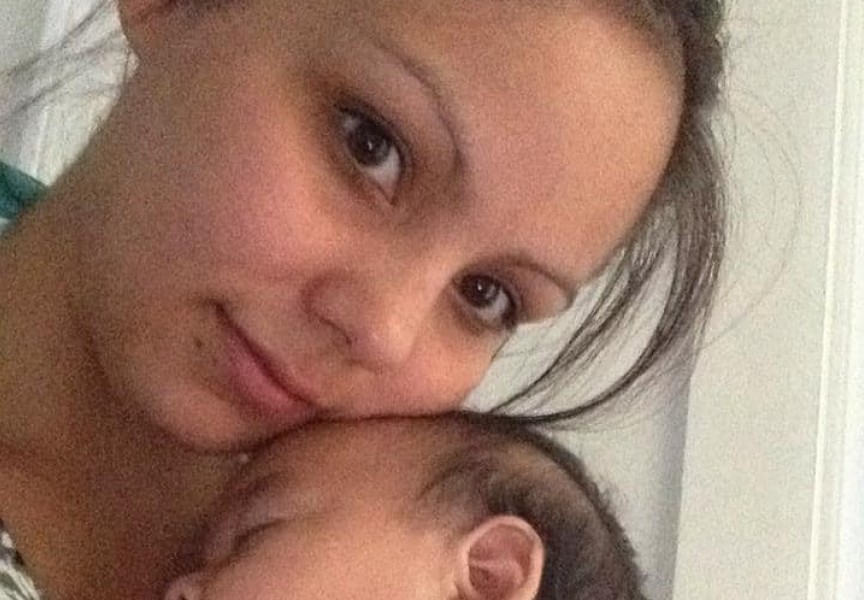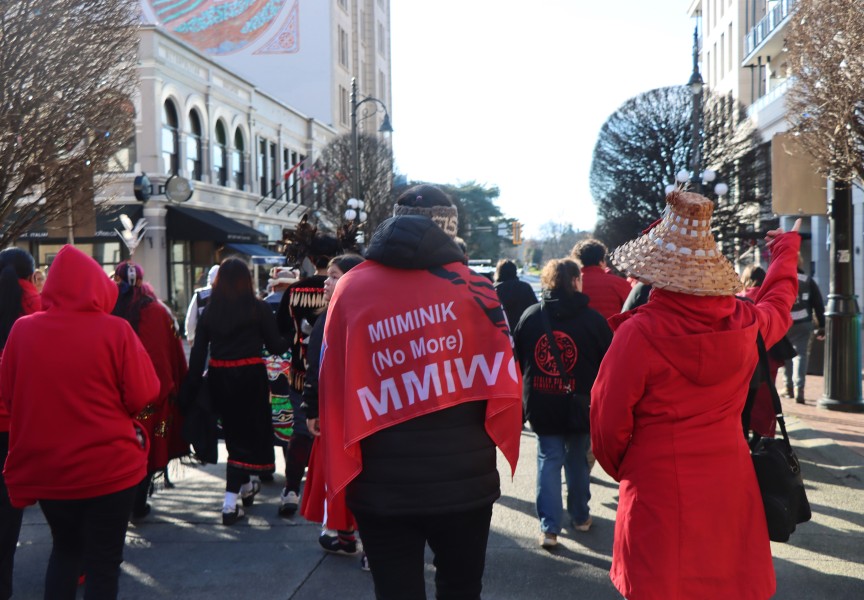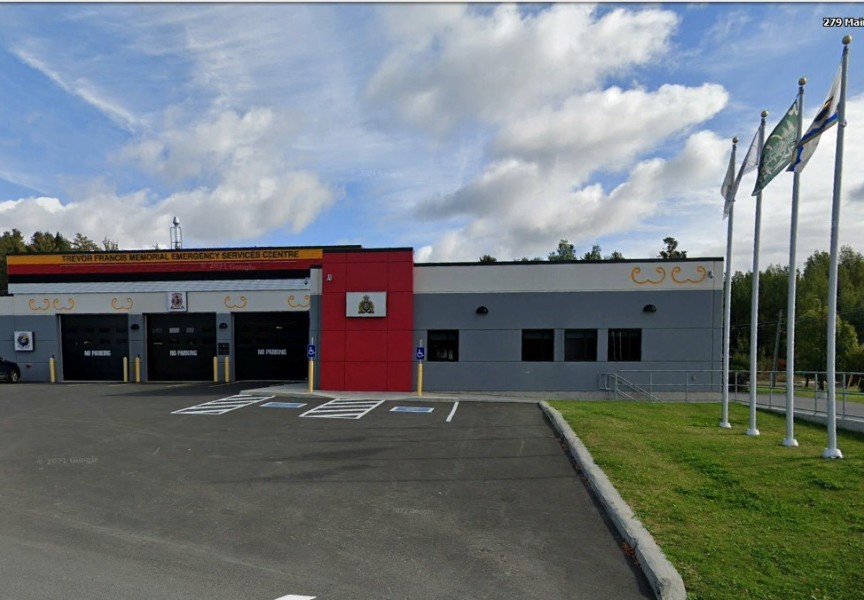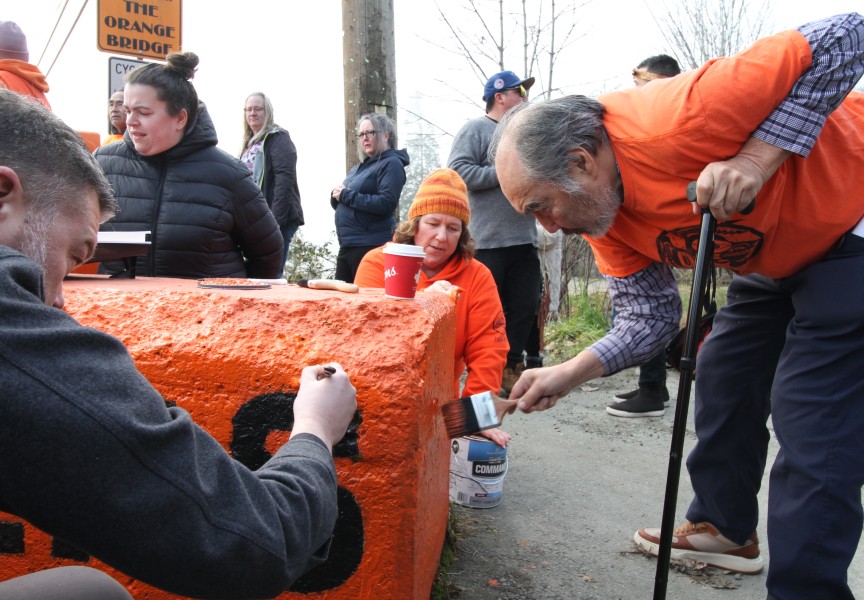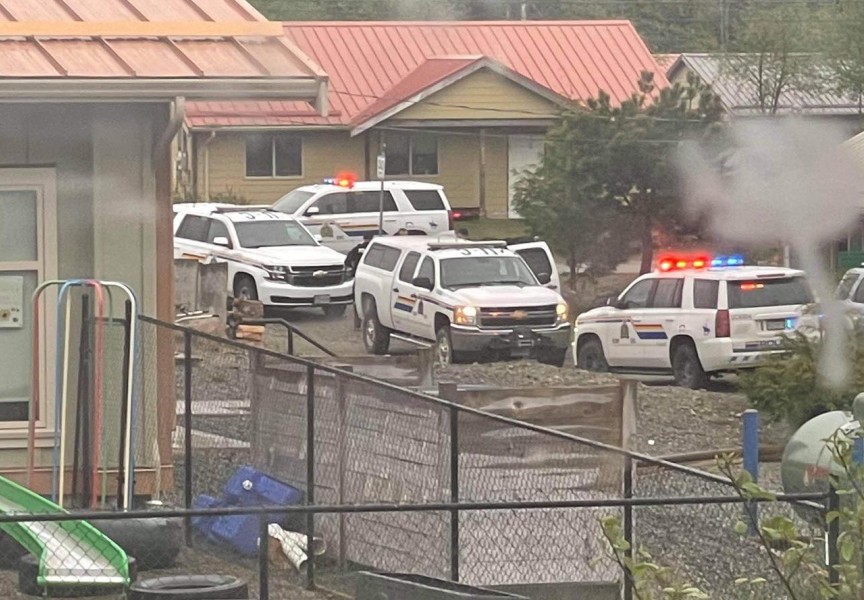A five-member jury from a coroner’s inquest into the death of Chantel Moore is calling the tragedy a homicide, with a list of measures to improve police response in crisis situations.
The inquest released its findings today regarding the death of the 26-year-old Tla-o-qui-aht member on June 4, 2020 during a police wellness check in Edmundston, New Brunswick. A coroner’s inquest is a formal court proceeding that cannot determine legal responsibility, but rather makes recommendations to prevent similar incidents from occurring in the future.
Moore died after being shot five times by Const. Jeremy Son, who came to the young woman’s home at 2:30 a.m. after police received a call from her ex-boyfriend, who was concerned she was being stalked and was afraid for Moore’s safety.
Son reported that he knocked on Moore’s window while she was asleep on the coach. She came out to the deck of her second-floor apartment, approaching Son with a knife, alleged the officer. She refused to drop it despite his commands, said Son, who testified during the inquiry, leading him to fire.
After hearing from 16 witnesses, the jury concluded that the death was not accidental.
“The classification of ‘homicide’ in a coroner’s inquest is defined as any case of a person dying by the actions of another,” said the New Brunswick Department of Justice and Public Safety in a press release. “Coroners and juries can classify a death as a homicide, suicide, accident, natural causes or cause undetermined. The inquest found Moore’s death was a homicide.”
Son was previously not deemed criminally responsible for Moore’s death by the Maritime province’s prosecution service, based on an investigation by the Bureau des enquêtes indépendantes, a police watchdog agency that serves Quebec and New Brunswick.
“[T]he officer in question did believe, on reasonable grounds, that force or a threat of force was being used against him by Ms. Moore, that he shot at Ms. Moore for the purpose of defending or protecting himself and that his actions were reasonable under the circumstances,” stated the prosecutor’s office in the written statement issued in June 2021.
The Crown went on to say that the officer’s actions were reasonable given that he had few options available to him with “a potential lethal threat approaching him quickly.”
After reviewing four days of details related to the tragedy, the coroner’s inquest jury recommended better police training in de-escalation and crisis intervention, as well as better access to “less lethal tools”. The inquest found that just one taser was available in the Edmundston Police Force at the time of Moore’s death, a tool that Son did not have with him while he was on the second-storey deck.
Other recommendations addressed the ability of police to respond to medical emergencies. The jury called for officers to maintain standard certification in CPR and first aid, a review of the medical emergency policy and equipment that administers “combat casualty care.”
The inquest stressed a review of “police policy on providing first aid after force has been applied,” to ensure “that officers begin emergency medical aid as soon as possible and continue that aid until medical responders arrive and take over.”
In November an investigation by the New Brunswick Police Commission concluded there was insufficient evidence to show a breach of professional conduct in Moore’s death. But the coroner’s inquest pushed for better police training on “the proper procedures following a serious incident involving serious injury or death,” and that supervisors be better educated on what’s needed “to ensure the integrity of evidence and witnesses.”
Nearly two years after losing her daughter during police intervention, such recommendations are hard for Martha Martin to take.
“We want to see hard action, we don’t want to hear any more recommendations,” said Martin to reporters as the inquest was underway. “We’re done, we need action now, because we shouldn’t be doing inquiries to fight for change for our children.”






